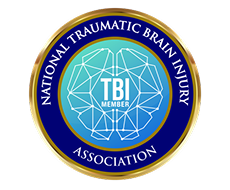The Effects Of Traumatic Brain Injury On Sleep
Traumatic brain injury (TBI) often leads to significant disruptions in sleep, a crucial component of physical and cognitive recovery. Sleep disturbances are common after a TBI, and these disruptions can worsen other symptoms such as memory problems, mood swings and increased fatigue, further complicating the recovery process. Understanding the relationship between TBI and sleep is essential for improving patient outcomes and helping individuals regain their quality of life.
After a TBI, sleep problems can manifest in various ways, including difficulty falling asleep, frequent waking during the night or excessive daytime sleepiness. These disturbances are linked to the brain’s inability to properly regulate sleep-wake cycles, often due to damage in areas that control sleep, such as the hypothalamus. Additionally, the emotional and physical trauma from the injury can contribute to stress, anxiety and depression, all of which can further disrupt sleep patterns. Post-concussion syndrome, which is common after TBI, can result in prolonged sleep issues, with many patients struggling with insomnia or disturbed sleep for months or even years.
To address these sleep disturbances, a multifaceted approach is often necessary. Cognitive behavioral therapy for insomnia (CBT-I) has shown to be an effective, non-pharmacological treatment, helping individuals alter behaviors and thought patterns that interfere with sleep. It focuses on improving sleep hygiene, relaxation techniques and the development of a consistent sleep schedule. Medications may also be used to manage specific sleep issues, such as sleep aids to help initiate sleep or antidepressants to address mood disorders that affect sleep. However, medications should be carefully prescribed and monitored to avoid dependency or adverse effects that could interfere with brain healing.
Lifestyle adjustments can also play a role in improving sleep quality. Establishing a calming bedtime routine, limiting screen time before bed and creating a quiet, comfortable sleep environment can promote better rest. By addressing the effects of TBI on sleep through both behavioral and medical interventions, individuals can improve their recovery process, reduce fatigue and enhance overall well-being.
Contribute to the TBI Times





